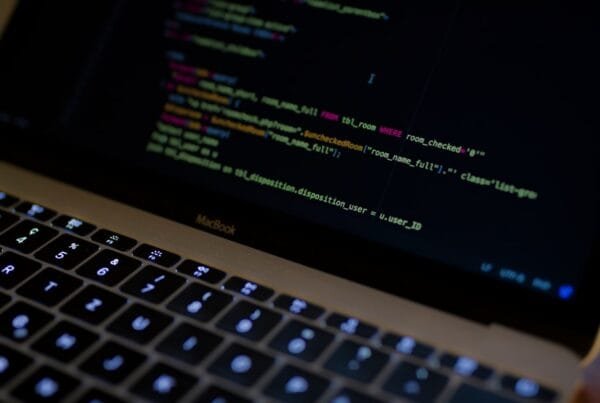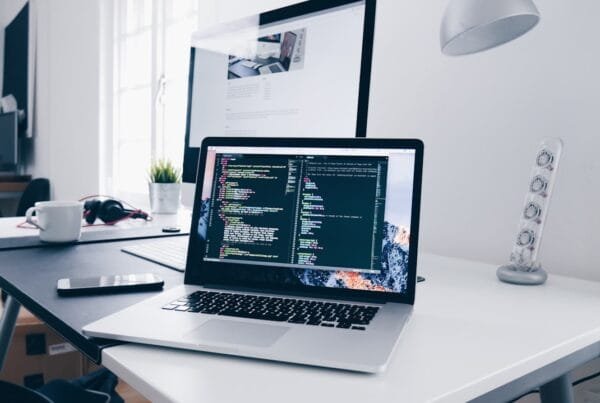In today’s rapidly evolving digital landscape, safeguarding your online accounts has never been more important. Cybercriminals are becoming increasingly sophisticated, and a single weak password could be the gateway to a massive security breach. Enter Multi-Factor Authentication (MFA)—a crucial line of defense in 2024, where relying on passwords alone simply isn’t enough.
What Is Multi-Factor Authentication?
Multi-Factor Authentication (MFA) is a security measure that requires users to verify their identity using more than just a password. It adds an extra layer of protection by requiring two or more independent ways to prove who you are. Typically, MFA involves a combination of:
- Something you know (a password or PIN),
- Something you have (a mobile device or security token), and
- Something you are (biometrics like a fingerprint or facial recognition).
For instance, after entering your password on a website, you may be asked to input a code sent to your mobile phone or use your fingerprint to confirm your identity. This additional step makes it much harder for cybercriminals to gain access, even if they’ve managed to steal your password.
Why Passwords Alone Aren’t Enough
In the past, passwords were considered the cornerstone of online security. However, this is no longer the case. People often reuse the same passwords across multiple sites or create weak, easy-to-guess passwords for the sake of convenience. As a result, password breaches are rampant. Once hackers have access to a password from a less secure platform, they can use it to attempt logging into more critical systems.
Moreover, techniques like phishing, brute force attacks, and credential stuffing are making password-based security easier to crack. In fact, according to a 2022 Verizon Data Breach Investigations Report, over 80% of hacking-related breaches are caused by weak or stolen passwords. Clearly, passwords alone cannot provide the level of protection that modern cybersecurity demands.
How MFA Enhances Security
MFA significantly reduces the risk of unauthorized access. Even if a hacker manages to get hold of your password, they’ll still face another barrier—such as needing a one-time code sent to your phone or passing a biometric scan.
Consider the impact of this on your business. If an employee’s login credentials are compromised, MFA prevents the attacker from accessing the account unless they also have control over the second authentication factor. This extra layer of security is particularly important for businesses that handle sensitive data, like financial institutions or healthcare organizations.
Types of MFA
There are several ways to implement MFA, each offering different levels of security:
- SMS-based MFA: After entering your password, a one-time code is sent to your phone via SMS. While this method is still better than using just a password, it’s vulnerable to SIM-swapping attacks where hackers take over your phone number.
- Authenticator apps: Apps like Google Authenticator or Microsoft Authenticator generate time-sensitive, one-time passcodes (TOTP) that provide an extra layer of security. Since these codes change frequently, this method is more secure than SMS-based MFA.
- Biometrics: Using physical characteristics, like fingerprints or facial recognition, to verify identity. This method is becoming more common with smartphones and high-security applications.
- Hardware tokens: Devices like YubiKeys or smart cards offer one of the highest levels of security, generating codes or providing encrypted access when plugged into a computer.
The Future of MFA in 2024
As cyber threats become more sophisticated, the demand for robust security solutions like MFA will only increase. Many companies and platforms are beginning to make MFA mandatory, while others are encouraging users to adopt it to protect their accounts.
In 2024, MFA will continue to evolve with advancements in biometrics, AI-driven fraud detection, and behavioral analytics, making it easier and more secure to authenticate users. However, the key takeaway remains simple: businesses and individuals should prioritize MFA to enhance their cybersecurity posture. A single layer of defense is no longer sufficient in today’s digital world, and MFA offers the extra security needed to stay ahead of cybercriminals.




